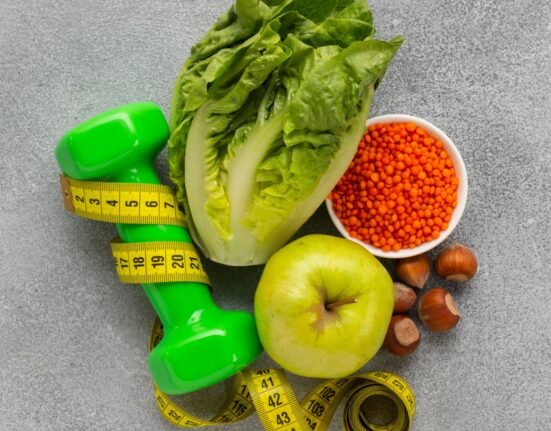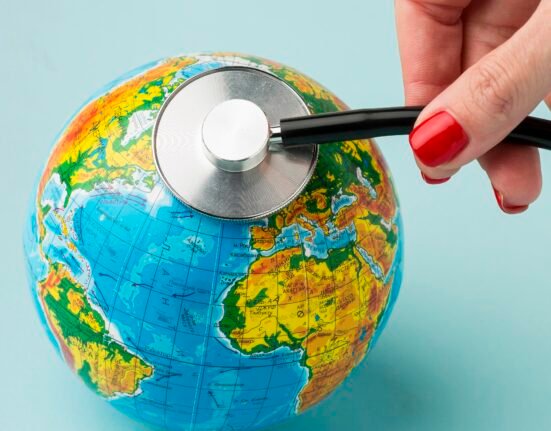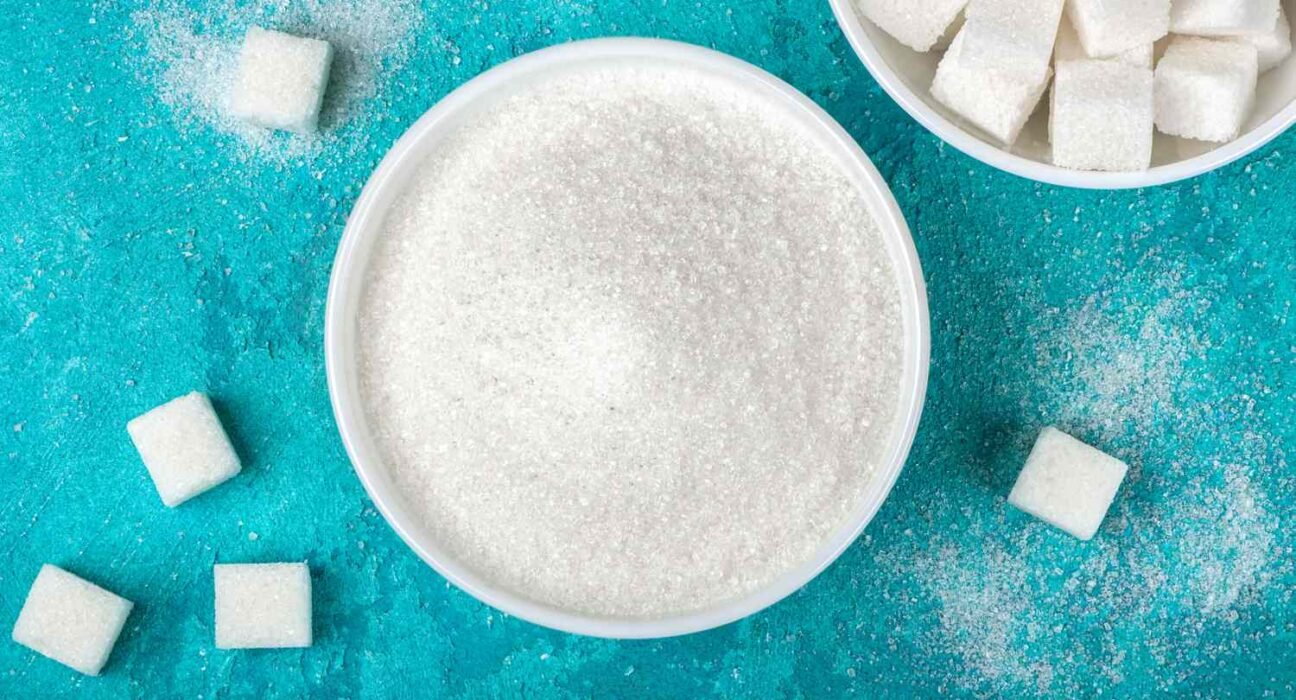How Long Does Sugar Stay In Your System?
Sugar, or glucose, is a major source of energy for the body, but consuming too much or too often can have negative health effects. Sugar begins entering your bloodstream within minutes of eating and typically clears from your system within two to three hours, although the exact timing varies individually and depends on several factors.











